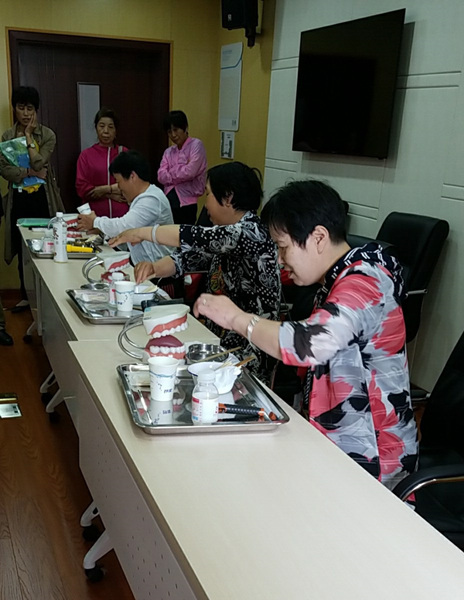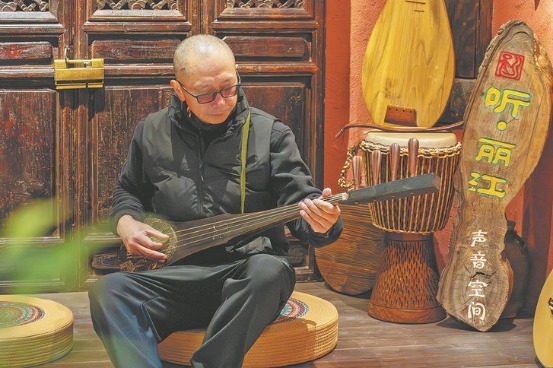A quest to make the twilight years a breeze


"We hope that caregivers in the city will be able to achieve both academic and professional development," says Fan Jun, deputy director of education at the university.
"Students may impart what they've learned to colleagues, come up with innovative caregiving approaches, and this would hopefully facilitate the development of a high-quality senior care service industry and attract more people to the profession."
One of the most aged cities in China, Shanghai has 5.03 million residents aged 60 or above. While official data also shows that 3 percent of Shanghai's elderly population live in nursing homes, data from the Shanghai Think Tank Institute for the Aged states that there are only 60,000 caregivers for the elderly in the entire city.
In addition, 60 percent of the city's caregivers are aged 50 and over, and the majority of them have only received a junior high school education.
"One caregiver on average serves two elderly people. They are overworked and in short supply. We urgently need more of them in society," says Feng Jianguang, dean of the institute.
Another challenge the city faces is the lack of systematic and standardized training for caregivers, says Zhao Lijuan, head of Shanghai Aging Development Center. Fan concurred with this, sharing a story about how a caregiver once lifted a quilt to show her superior how thorough she was with cleaning the elderly resident who was lying in the bed. The resident was still naked.




































